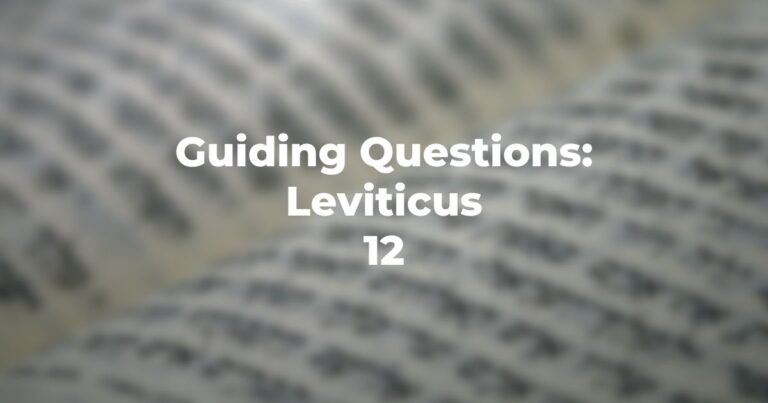- A second cycle of discourses begins here, with Eliphaz speaking again. With what tone does he commence his oration? How does one justify this tone towards a person in deep misery (Job 15:2-6)?
- Of what does Eliphaz accuse Job in Job 15:2-6?
- Of what does Eliphaz accuse Job in Job 15:7-9?
- How does Eliphaz reinforce the validity of his position (Job 15:10)?
- How does Eliphaz emphasize what he perceives as the fallacy or weakness of Job’s oration (Job 15:11-16)?
- Who are God’s “holy ones” in Job 15:15?
- In Job 15:17-19 how does Eliphaz reinforce the argument he is about to present?
- In Job 15:19, what is the point of the reference to strangers? How were strangers (foreigners) viewed in ancient times and, to an extent, to this day?
- What are the sources of the wicked person’s malaise (Job 15:20-24)?
- How does the reference to the wandering for bread (Job 15:23) fit into this context?
- What are the manifestations of wickedness (Job 15:25-26)?
- What do the references to “fat” and “blubber” signify (Job 15:27)?
- What does Eliphaz say about the wicked person’s chances for enduring prosperity (Job 15:28-30)?
- What is the ultimate destiny of the wicked (Job 15:31-34)?
- What, in essence, is the nature of his/her crime? Is there any significance to the shifts to a feminine metaphor here (Job 15:35)?
- What does Eliphaz’s denunciation of the wicked have to do with Job?
- If the purpose of the visit by Eliphaz and the other friends is consolation, where is it in this chapter?
Author
-

Exploring Judaism is the digital home for Conservative/Masorti Judaism, embracing the beauty and complexity of Judaism, and our personal search for meaning, learning, and connecting. Our goal is to create content based on three core framing: Meaning-Making (Why?), Practical Living (How?), and Explainers (What?).
View all posts





